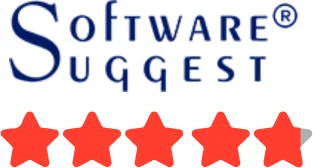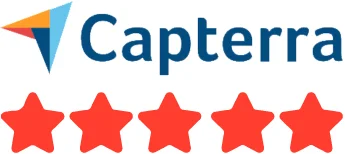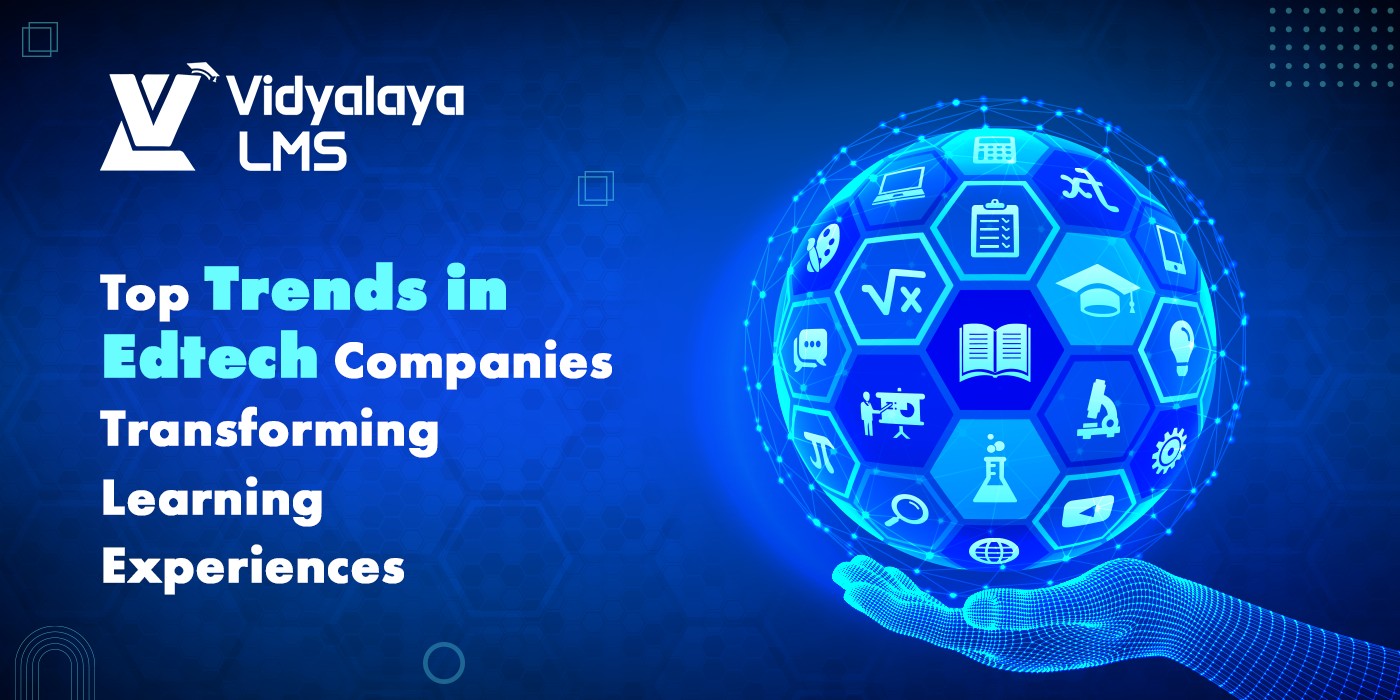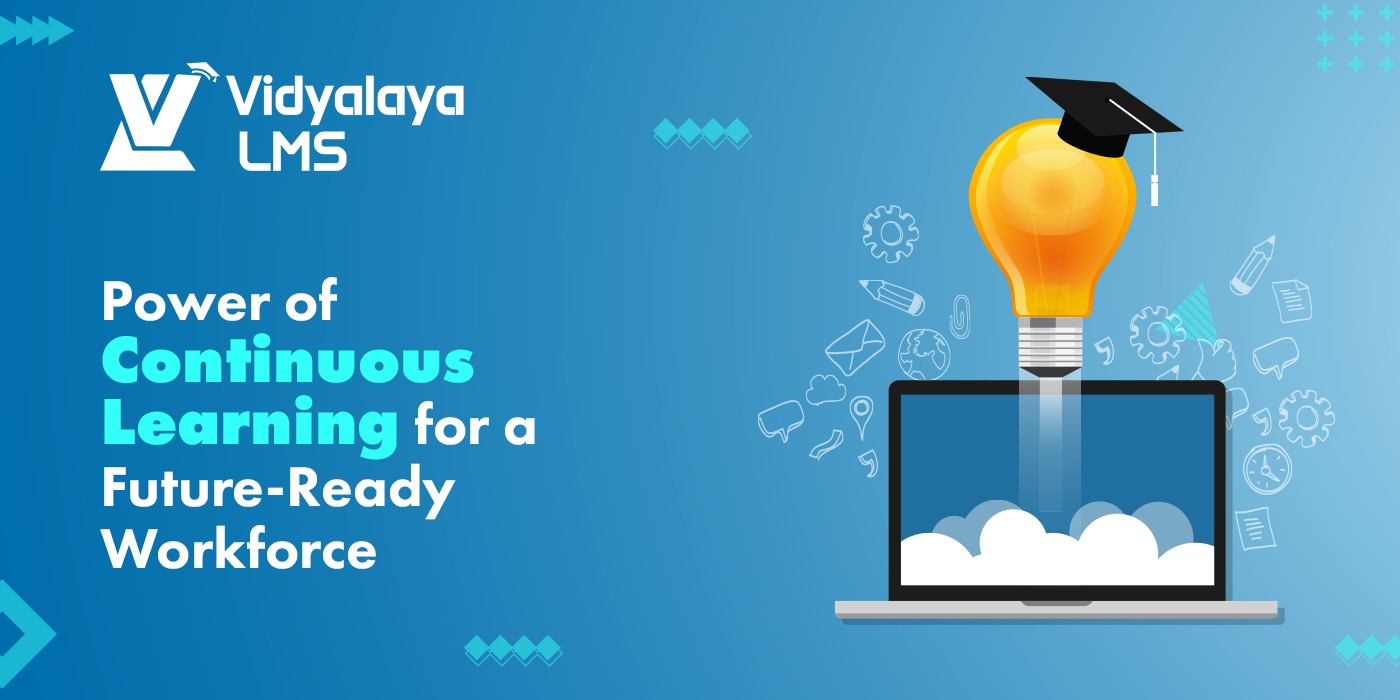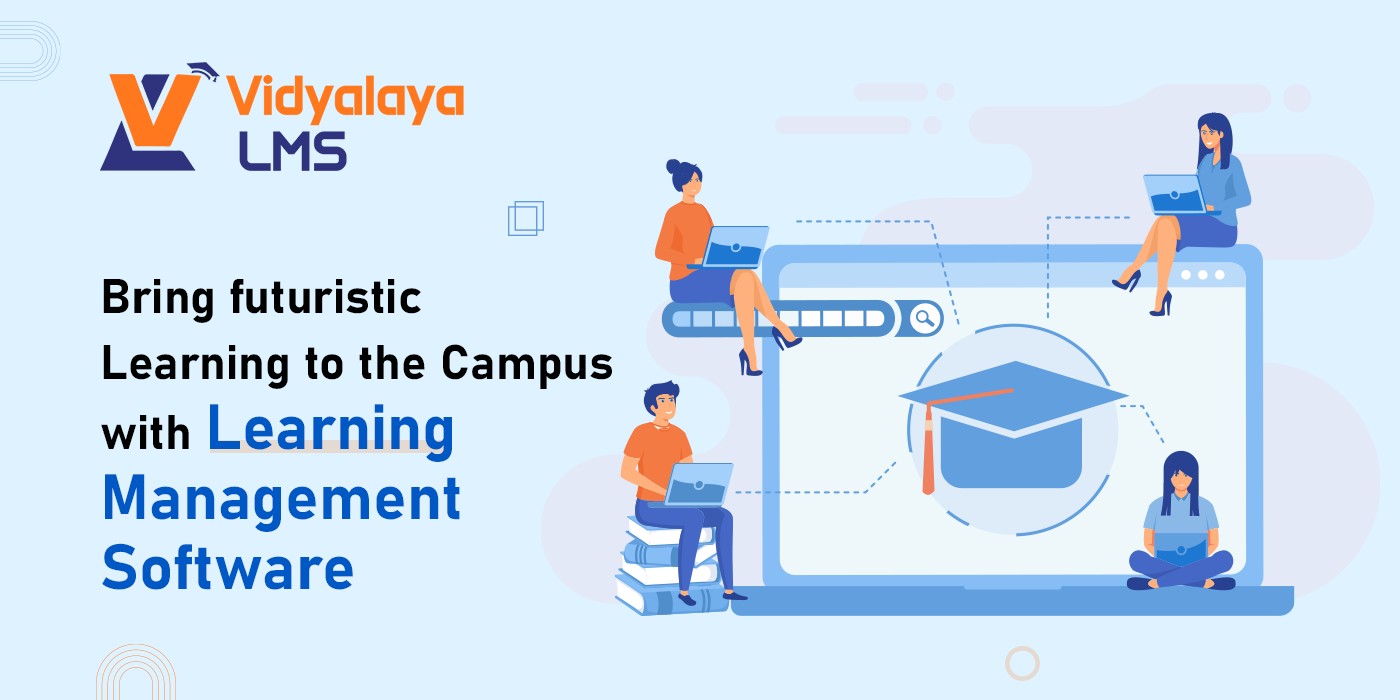The world of education is transforming quicker than ever before — and at the center of this revolution is the innovation of every prominent Edtech Company. The application of technology is shifting the landscape of student learning, teachers’ instruction, and institutions’ management of learning, from digital learning solutions driven by AI to interactive EdTech Platforms. Today, online learning platforms have evolved from simple video-based learning solutions to industrialized ecosystems that support personalized learning, synchronous learning, assessment, gamified course modules, and data analytics. Either through mobile applications, LMS platforms, or online tutoring platforms, accessibility, engagement, and results have become the prime focus.
According to trends in the global Edtech market, the engagement of the TVET sector will exceed $430 billion by 2030, which demonstrates how the pace of educational institutions is moving with respect to technology. It underscores a paradigm shift in thinking — education is no longer confined to the classroom, and is now available to all, anywhere, anytime.
This blog intends to discuss the latest trends in the Edtech sector that are revolutionizing contemporary education — and how tools like Vidyalaya LMS are enabling institutions to respond to these transitions efficiently.
Artificial Intelligence and Personalized Learning:
One of the largest disruptors of education is artificial intelligence (AI). Currently, Edtech Company employs sophisticated algorithms that cater to specific learning materials tailored to a learner’s speed, style, and level of proficiency.
An example of an AI-based learning management system (LMS) would automatically recommend courses, provide analytics of performance, and even predict which learner(s) may require extra assistance. With data-driven personalization, participation, and improved learning results are observed. Instructors participate in mentoring and scaffolding learning, rather than continuing to manually track learners.
Growth of Online Tutoring Services:
Online tutoring services are experiencing a resurgence due to the established and ready access they are able to provide. Sites offer their patrons many kinds of individualized learning experiences, from live one-to-one coaching to group or recorded lessons. All of the learning sites have enhanced their learning experience with updated and more interactive whiteboards, video technology, and testing or assessment aides.
This trend has opened new doorways for learning and new avenues for teachers and freelancers to generate income from anywhere in the world.
Gamification and Immersive Learning:
Gamification has changed the way students engage with learning material. By incorporating game-like features — including badges, levels, and leaderboards- Edtech websites keep students engaged and motivated.
In addition, the combination of Augmented Reality and Virtual Reality technology has provided an entry point to interactive learning. Students are now able to carry out virtual science experiments, visit historical places, or see complicated 3D models — all in an online classroom.
Microlearning and Mobile-First Learning:
Today’s learners like bite-sized lessons rather than lengthy lectures. Microlearning, made available on mobile phones, enables this. Since most students own smartphones and use them every day, educational platforms today have been optimized for mobile learning. Microlessons enable them to learn on their own terms, thus enabling them to manage school, personal, and work objectives.
Microlearning-capable LMS systems guarantee higher rates of retention and engagement, ideal for the fast-paced learning era of today.
Data-Driven Learning Analytics:
Every click, test, and login in a Learning Management System (LMS) produces useful data. Learning analytics provides educators with the tools to assess student engagement, student performance, and behavioral patterns. This collected data and analytics also enable institutions to personalize learning pathways, improve courses, and make informed, data-driven decisions. Educational technology companies continue to invest in analytic dashboards that convert real-time data into actionable, data-informed insights for educators and administrators. Finally, data-informed practices will make education better in an observable and transparent fashion.
Hybrid Learning Models:
The blend of onsite and online learning — hybrid learning — is the new norm for schools and universities.
Institutions are utilizing edtech platforms to bridge the gap between classroom learning and online learning. A single edtech platform allows students to go to real-time classes, view recorded classes, submit assignments, and complete exams.
The ability to do all of this in one spot facilitates continuous education even with unforeseen circumstances.
Security and Data Privacy:
With millions of students depending on online learning solutions, data security is high on the agenda for all Edtech companies.
Now, platforms employ end-to-end encryption, secured login mechanisms, and data compliance (like GDPR) to provide student privacy. The Edtech Company is rapidly growing worldwide, and building trust with transparency and a strong infrastructure is important.
AI in Assessment and Evaluation:
AI-powered assessment tools can auto-moderate objective tests and even provide teachers with grading assistance on descriptive answers. There are also some sophisticated systems that provide plagiarism detection, auto-feedback, and tracking of progress — all saving teachers precious hours of manual labor.
This sort of automation adds fairness, precision, and efficiency to exams and allows teachers to concentrate on enhancing content quality and guiding students.
Final Thought:
As the Edtech landscape continues to evolve rapidly, companies that embrace these cutting-edge trends stand to redefine the future of education. For any Edtech Company aiming to stay ahead, integrating AI-driven personalized learning, gamification, microlearning, and robust analytics into their platforms is no longer optional—it’s essential.
At Vidyalaya LMS, we understand these transformative forces and have built our Learning Management System to empower educational institutions to harness the full potential of technology. Adopting innovative Edtech solutions like ours, schools, colleges, and training centers can deliver enriched, accessible, and engaging learning experiences that meet the needs of today’s learners. Investing in a future-ready LMS is a critical step for any Edtech Company focused on driving growth, increasing learner outcomes, and expanding market reach in this dynamic sector.



